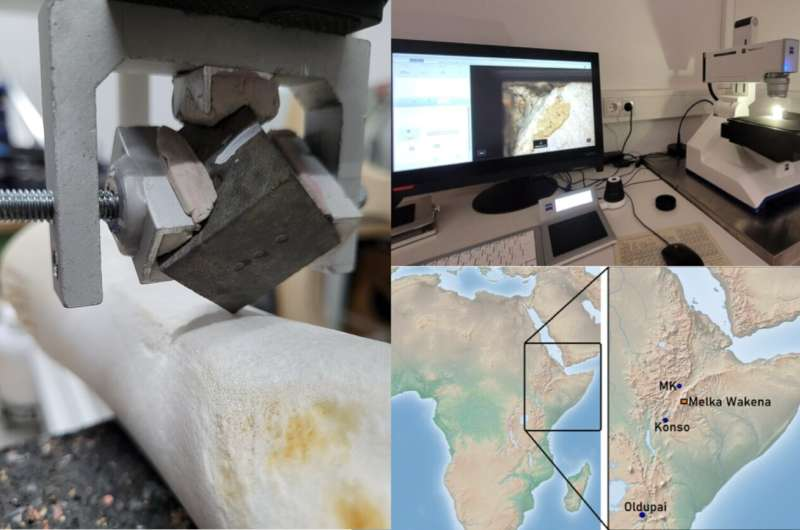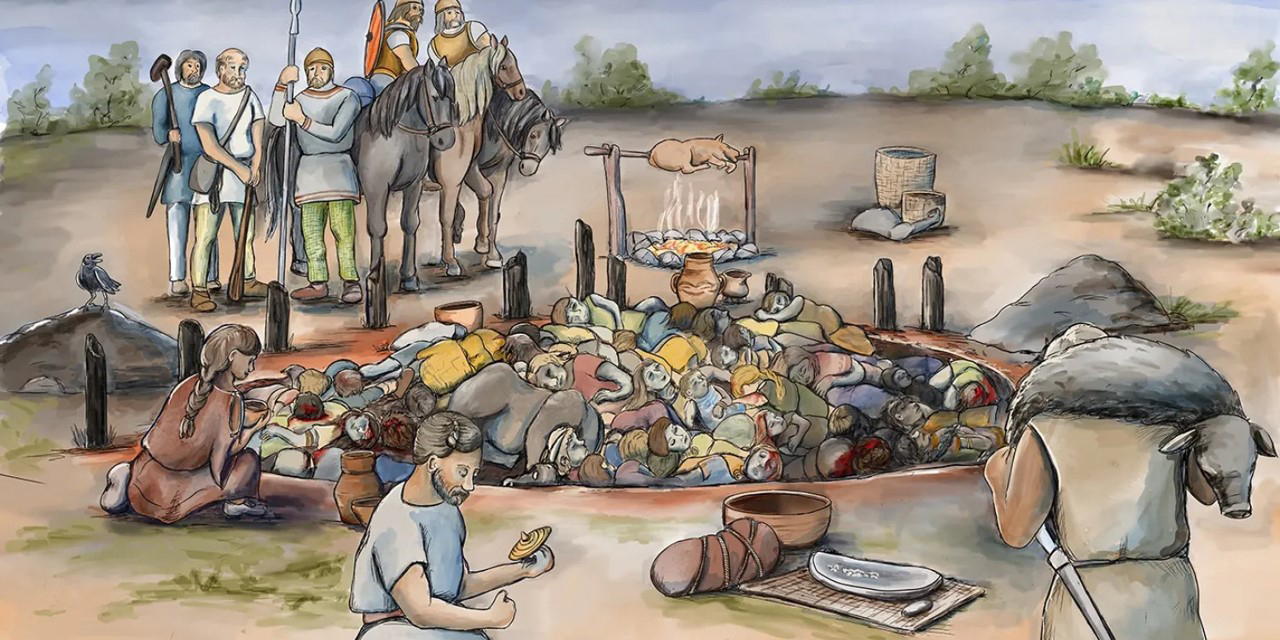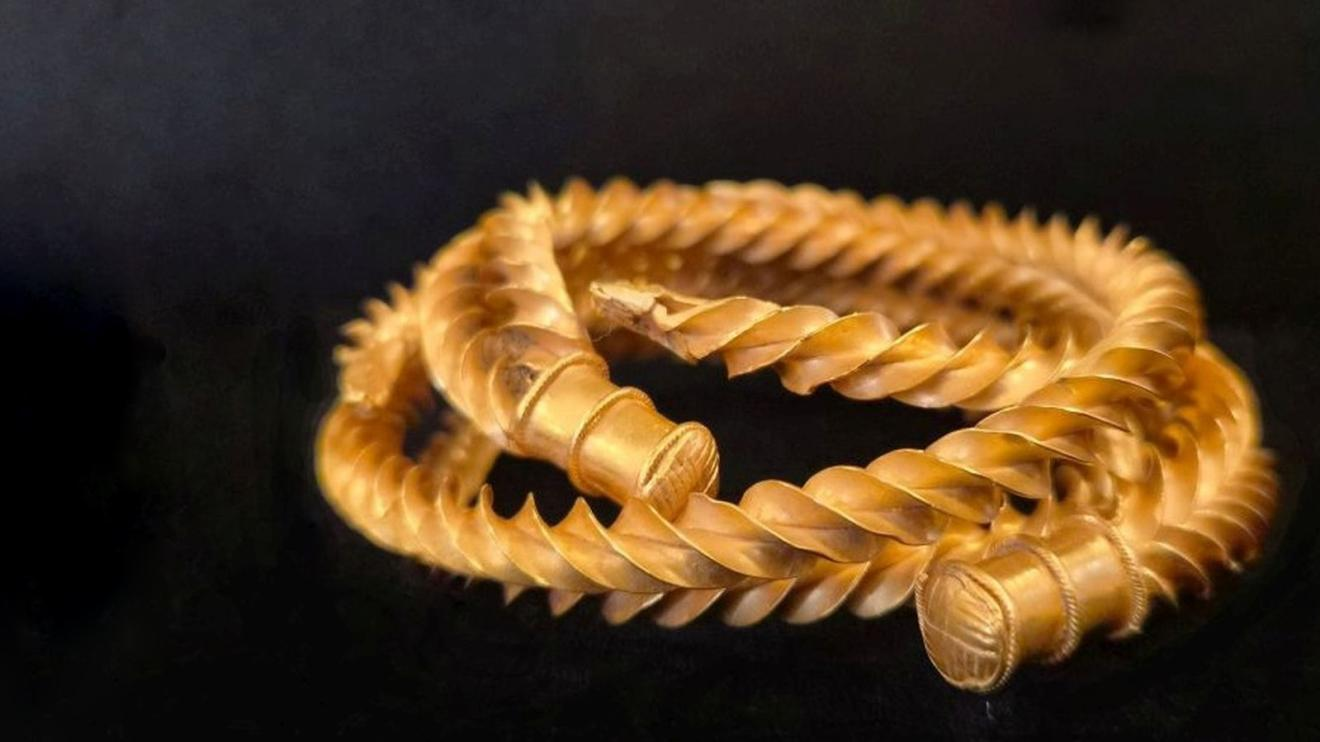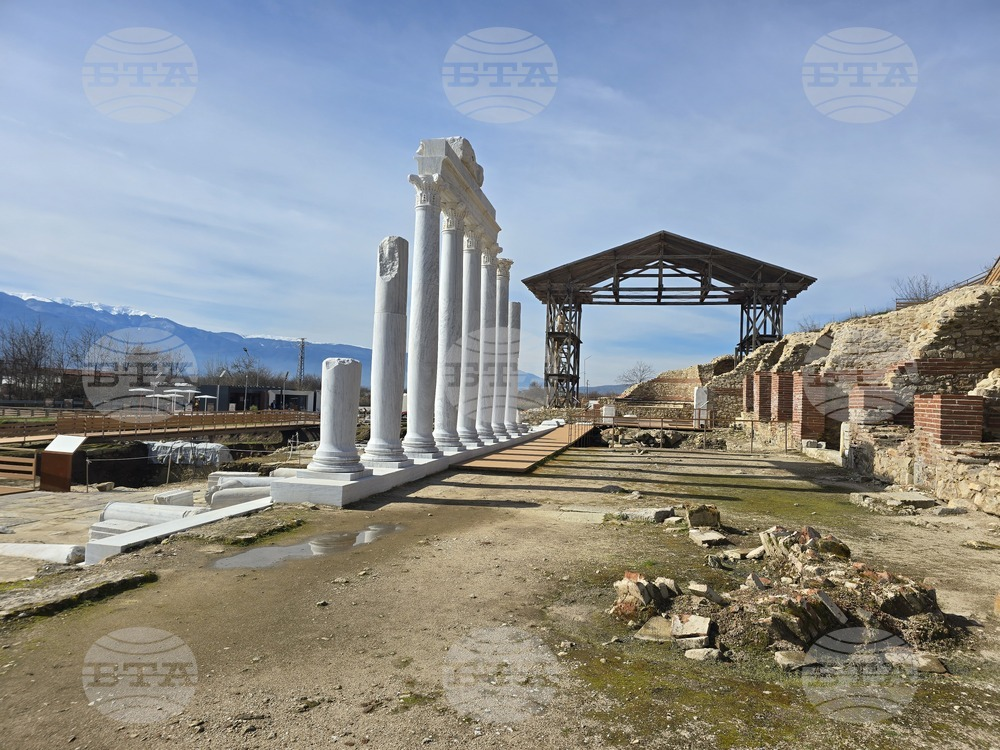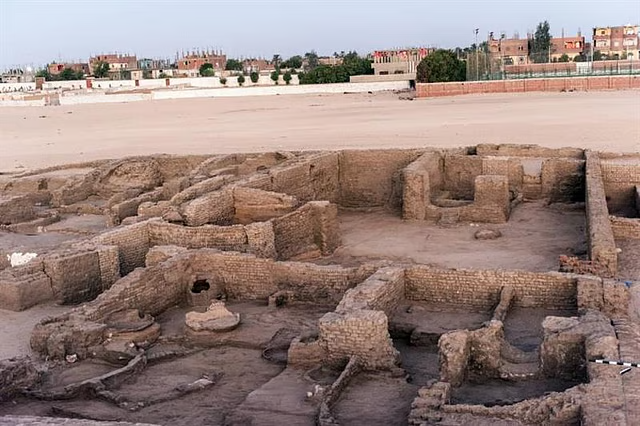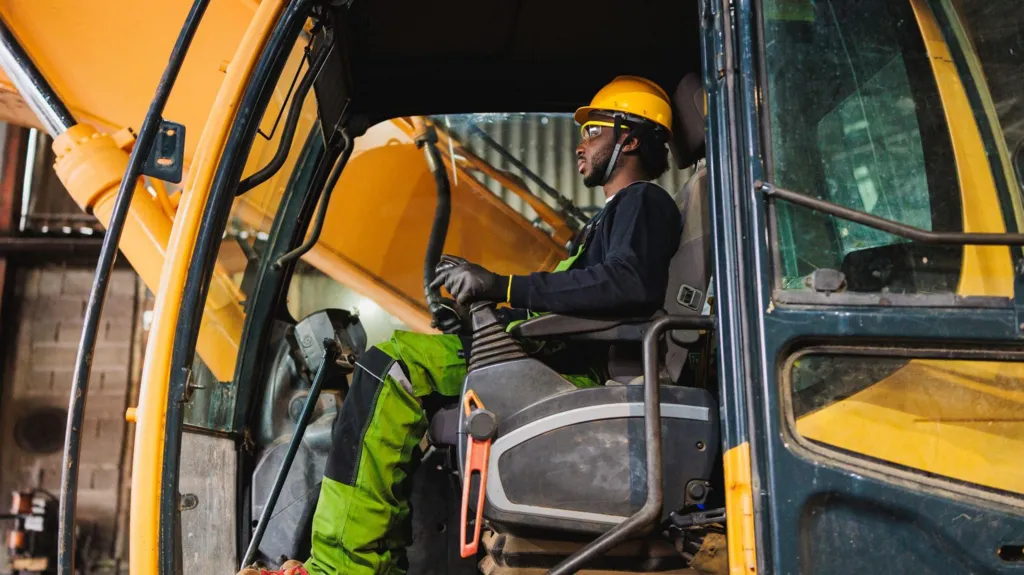A groundbreaking international study sheds light on the deliberate choices early humans made when crafting tools over 1.5 million years ago. Focusing on findings from the Melka Wakena site in Ethiopia, the research highlights how our ancestors selected specific types of stone for their tools, showcasing their advanced cognitive abilities and technological understanding.
Published in PLOS ONE, the study offers a glimpse into the ingenuity of early hominins and how they optimized their tools for functionality and durability.
Why Certain Stones Were Chosen
Researchers discovered a wide variety of tools at Melka Wakena, sparking questions about why certain stones were used over others. Using cutting-edge technologies, including robot-assisted experiments and imaging, the team determined that early humans prioritized materials with superior quality, suitability, and durability.
Dr. Eduardo Paixão, the study's lead researcher from the University of Algarve in Portugal, explained, "The properties of the stones played a critical role in their selection. Our findings reveal that early hominins had a profound understanding of their environment and made intentional decisions based on material performance."
Tools Shaped by Intentional Choices
The research was conducted at the Laboratory for Traceology and Controlled Experiments (TraCEr) in Germany, a division of the Leibniz-Zentrum für Archäologie (LEIZA). Advanced tools, such as the SMARTTESTER, were utilized to examine how different stones impacted the tools’ surface wear over time.
Dr. João Marreiros, head of the TraCEr Laboratory, noted, "The deliberate selection of materials resulted in distinct surface changes on tools. This indicates that differences in archaeological finds are not accidental but reflect purposeful decision-making by early humans."
Collaborative Efforts in Unveiling Early Technologies
The study is the product of international collaboration involving the Interdisciplinary Center for Archaeology and Evolution of Human Behavior (ICArEHB) at the University of Algarve, LEIZA’s TraCEr Laboratory and Imaging Platform (IMPALA), and the Hebrew University of Jerusalem. Excavations at Melka Wakena were led by Prof. Erella Hovers and Dr. Tegenu Gossa.
These partnerships brought together expertise from diverse fields to unravel the technological innovations of early toolmakers.
Opening Doors to Further Research
The findings at Melka Wakena provide valuable insights into the decision-making processes of early humans, revealing the sophisticated strategies they employed to adapt to their environment.
Dr. Paixão emphasized, "This research paves the way for further exploration into the complex technological and cognitive capabilities of our ancestors. By studying their choices, we gain a deeper understanding of how innovation shaped human evolution."
This discovery underscores the remarkable ingenuity of early humans, offering a clearer picture of their resourcefulness and adaptability as they navigated their ancient world.

